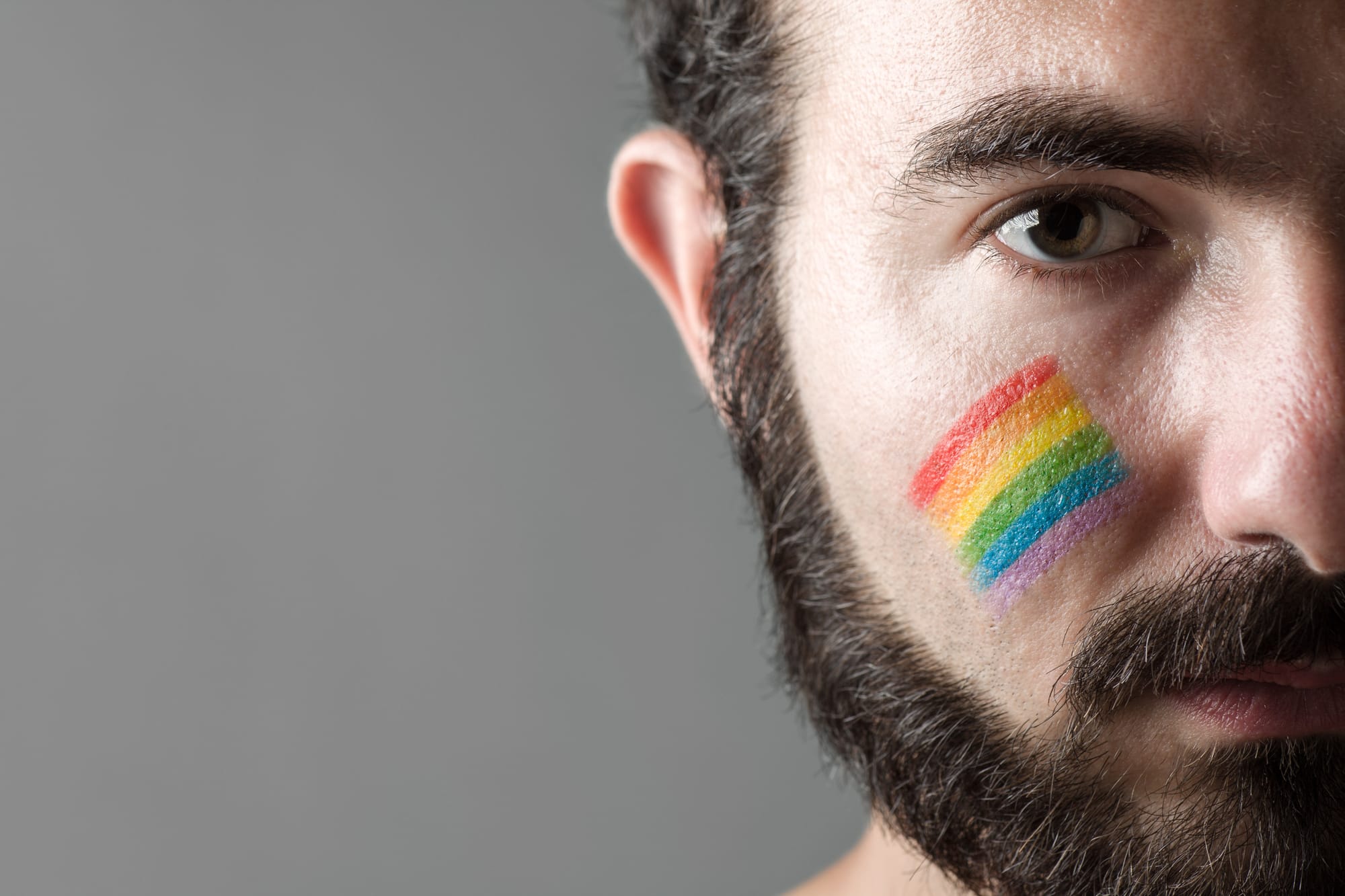Germany's LGBTQ community are getting political.
A crucial election looms and queer people are determined to be heard.

Queer people in Germany have been taking to the streets in coordinated public demonstrations that reflect underlying concern about the direction that the country seems to be travelling.
The election takes place on Sunday, 23 February, and polling suggests that the far-right nationalist party, AfD - Alternative für Deutschland (Alternative for Germany) - will secure significant support from voters and is likely to play a key role in shaping the post-election power dynamics.
The AfD has long been an opponent of LGBTQ equality - opposing marriage equality and socially inclusive policies. The AfD embraces christo-nationalism, taking a binary view of gender, and a heteronormative view of what constitutes a family. Ironically, one of the leading figures within the AfD - Alice Weidel - is a lesbian who is raising two children with her wife.
The mainstreaming of the AfD is expected to bring with it a mainstreaming of homophobia and transphobia - challenging the significant equality gains that have been enjoyed by LGBTQ people in Germany. Experience has shown us that homophobic political rhetoric contributes to a rise in homophobic violence against queer people.
What's life like for LGBTQ people in Germany?
What's life like for LGBTQ people in Germany? Let's take a look at some of the key equality indicators.
Is it legal to be gay in Germany?
Yes. The geo-political history of Germany complicates the timeline a bit, but these days Germany is one of the most gay-friendly countries in the world.
Is there anti-discrimination legislation in place in Germany?
Yes. Throughout Germany, it is illegal to discriminate against someone because of their sexuality or gender-identity.
Is there marriage equality?
Yes. Legal recognition of same-sex couples was possible from 2001, and full marriage equality came into effect in 2017.
What’s it like for LGBTQ people who live there?
Despite the historical persecution of LGBTQ people during the WWII era, Germany today is a pretty good place to be queer.
